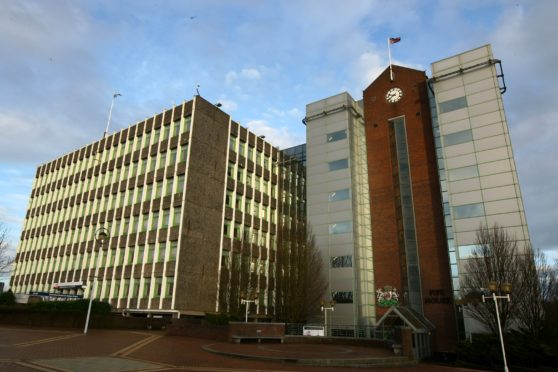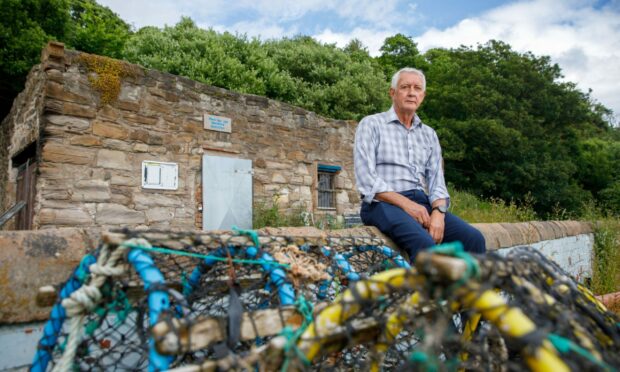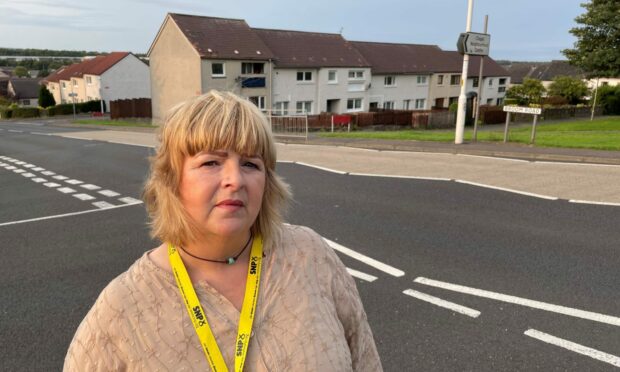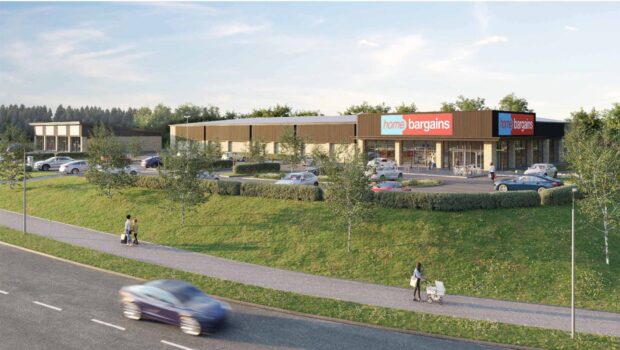A huge £30 million black hole has formed in Fife Council’s budget as a direct result of the coronavirus – and it’s likely to grow significantly the longer the crisis go on.
The Courier can reveal the estimated size of the financial burden being attributed to the outbreak, arising from both increased costs as well as a major loss of income, and that means a programme of urgent cost-cutting will almost certainly be on the cards.
The bleak outlook for council staff and taxpayers more generally comes just three months after officials warned of a possible £49.4 million shortfall by 2022/23, even though cuts for the current financial year were kept to what was widely considered a minimum.
Three months on, and the impact of Covid-19 now hitting hard, Fife’s spending plans going forward have been thrown into utter disarray.
Fife Council’s head of finance Elaine Muir told The Courier: “The financial implications of Covid-19 have been significant for the council as it has mobilised to deal with the pandemic across the communities of Fife.
“The additional costs to the council during the lockdown period are estimated to be in the region of £30 million.
“Of particular significance is loss of of income from a range of services that can not be provided under the current restrictions.
“Additional costs have also arisen as a result of the mobilisation and from delays in construction works.
“These additional costs will increase going forward because of the likely restrictions that will be in place for some time to come.”
A report on the financial effect of the crisis is expected to go before councillors later this month, but it will outline far reaching implications for the local authority.
The £30 million figure is only an estimate for a 14-week lockdown period and consists largely of increased costs in response to the pandemic – such as overtime, agency working, increased equipment such as PPE, more support for vulnerable people and the rollout of wider home working.
The figure also includes a significant loss of income from areas such as car parking, out-of-school childcare, school meals, facilities’ closures and subsequent lost business, while the current predicament may also cause delays to previously-agreed savings.
A drop in income collected from sources such as council tax, non-domestic rates and council rents will also affect the council’s cashflow.
In addition, with construction sites closed, contractors have started to lodge construction claims for which the council is legally obliged to pay. The extent of these is not yet known, but early indications these too could be significant.
Where services have stopped or facilities have closed, Ms Muir points out that some costs have reduced, for example, on materials, food or fuel, which will mitigate the impact of the loss of income to varying degrees.
However, with the initial estimate taking no account of a phased easing out of lockdown, the financial consequences are likely to be far worse than anyone could imagine.
Indeed, enhanced social distancing measures during any recovery period will similarly impact on the council’s income, in areas such as car parking and out-of-school childcare.
Ms Muir confirmed that a funding strategy is now being developed that will include £3.4 million of Hardship Funding received from the Scottish Government, while a proportion of the extra £6.4 million allocated to Fife from the budget deal struck with the Greens at Holyrood back in February could well be diverted to help mitigate matters.
“A range of further funding options will be reviewed to ensure the ongoing financial sustainability of the council,” she added.










